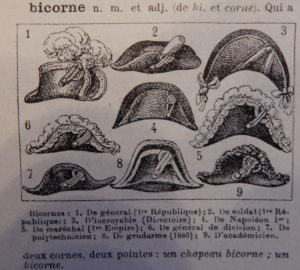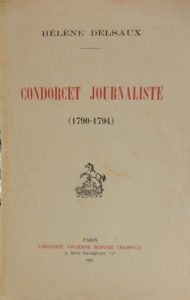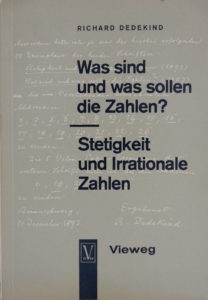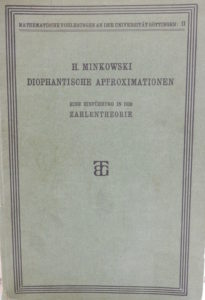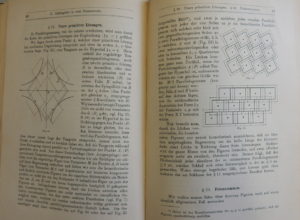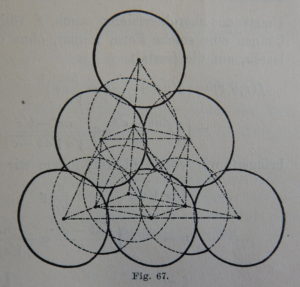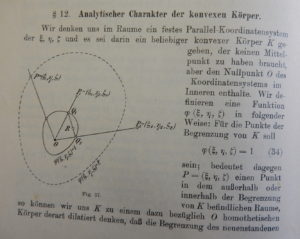Coincidentally, I finished reading two biographies in the last few days: R. Ellman’s “James Joyce” and R. D.G. Kelley’s “Thelonious Monk: The Life and Times of American Original”. Although I admire both Joyce and Monk, there is no question who is my favorite: on a desert island, I would take Monk’s records with me. And yet, I read through Joyce’s biography in barely more than a week, and only read Monk’s rather slowly over a few months — obviously, it is much easier to write about the life of a writer, quoting liberally from his letters and limericks, than to write about a musician without an accompanying CD or recording.
P.S. Ellman’s biography at least convincingly corrects the story I mentioned in an earlier post about Joyce moving frequently in Zürich because of his inability to pay the rent: his Zürich years during the first World War coincide with the time when he finally got a decent income (in principle) to not have to worry about such things. It seems however that he was very inventive in dealing with creditors earlier in Trieste…
P.P.S. The first name “Thelonious” apparently comes from Saint Tillo or Théau or Tillonius, who was active in the late 7th Century in Flanders and France; his feast day is January 7th, and he is noted for having cured the Bishop Hermenus of Limoges by informing him that he (Tillonius) was dying and requested him (the Bishop) to come and bury him.
